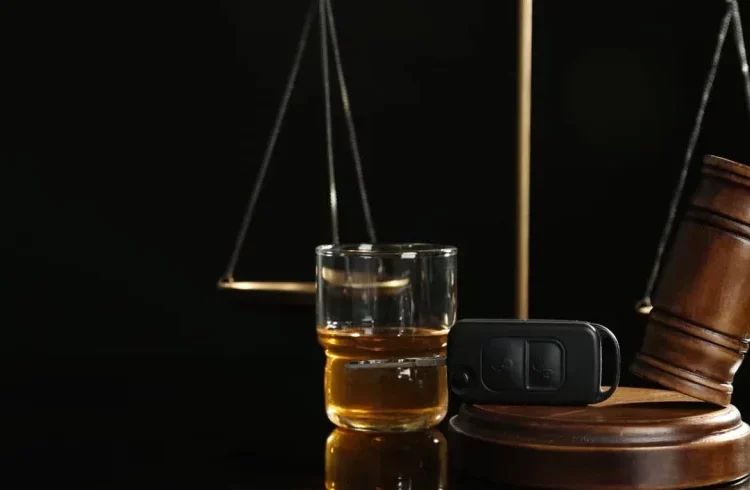Repeat DUI offenses require specialized legal strategies that differ substantially from first-time case defenses. Experienced attorneys shift focus toward mitigating enhanced penalties while addressing mandatory sentencing guidelines that judges must follow. These cases often involve extensive rehabilitation components, including How do dui classes work as part of comprehensive defense planning beyond simple charge dismissal attempts.
Enhanced penalty plans
Legal representation for repeat offenders centers on minimizing mandatory minimum sentences rather than seeking complete case dismissal. Attorneys examine prior conviction dates to determine whether enhancement periods have expired, as many states reset penalty scales after specific time intervals. Defense strategies for enhanced penalties include challenging the jurisdiction validity of previous convictions and examining whether prior cases involved proper legal representation. Lawyers review how DUI classes work online to demonstrate client commitment to rehabilitation before sentencing occurs.
Some attorneys negotiate alternative sentencing arrangements that emphasize treatment over incarceration when multiple violations create mandatory jail time. Experienced counsel explores constitutional violations in previous cases that might invalidate prior convictions used for enhancement purposes. This approach requires thoroughly examining court records, police procedures, and plea agreement documentation from earlier cases.
Prior conviction evidence
Attorneys handling repeat cases must carefully analyze how prosecution teams present previous DUI history during current proceedings. Unlike first-time offences, where prior driving records remain largely irrelevant, repeat cases allow extensive examination of the defendant’s criminal history. Defense teams work to limit prejudicial evidence while highlighting positive changes since previous convictions occurred. This includes documenting completed alcohol treatment programs, steady employment history, and family circumstances that demonstrate rehabilitation efforts. Lawyers often request separate hearings to determine the admissibility of specific prior conviction details that could unfairly influence jury decisions. Effective representation involves challenging the accuracy of previous conviction records and ensuring prosecution teams properly authenticate historical court documents. Technical defects in earlier case handling sometimes provide opportunities to exclude certain convictions from current penalty calculations.
Plea negotiation tactics
Repeat offense plea negotiations require different approaches than first-time DUI discussions with prosecutors. Attorneys focus on reducing charges to lesser included offenses that avoid automatic license revocation periods and mandatory ignition interlock requirements. Successful plea strategies often involve demonstrating client participation in voluntary alcohol treatment programs before formal court proceedings begin. Lawyers present comprehensive mitigation packages that include employment verification, family impact statements, and community service completion documentation. These materials help prosecutors justify reduced charges despite mandatory sentencing pressure from enhanced penalty statutes. Some attorneys negotiate conditional plea agreements that allow charge reduction upon successful completion of extended probation periods with intensive supervision requirements. This approach provides immediate relief while maintaining accountability through court monitoring systems.
Rehabilitation program focuses
Legal teams handling repeat cases place substantial emphasis on comprehensive treatment planning that extends beyond minimum court requirements. Attorneys collaborate with certified alcohol counselors to design individualized programs that address underlying substance abuse issues rather than simply completing mandatory education hours. Defence strategies incorporate residential treatment facility evaluation when appropriate, demonstrating a serious commitment to addressing alcohol dependency problems. Lawyers coordinate with treatment providers to ensure program completion before sentencing dates, allowing judges to consider rehabilitation efforts during penalty determination. Effective representation includes ongoing communication with probation departments and treatment providers throughout case resolution. This collaborative approach helps establish positive relationships that benefit clients during extended supervision following conviction.
Repeat DUI cases demand specialized legal approaches prioritising penalty mitigation over complete charge dismissal. Attorneys must navigate enhanced sentencing requirements while building comprehensive rehabilitation narratives demonstrating a genuine commitment to change. These complex cases require extensive preparation and collaborative relationships with treatment providers to achieve optimal outcomes for clients facing severe mandatory penalties.

